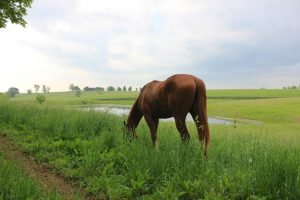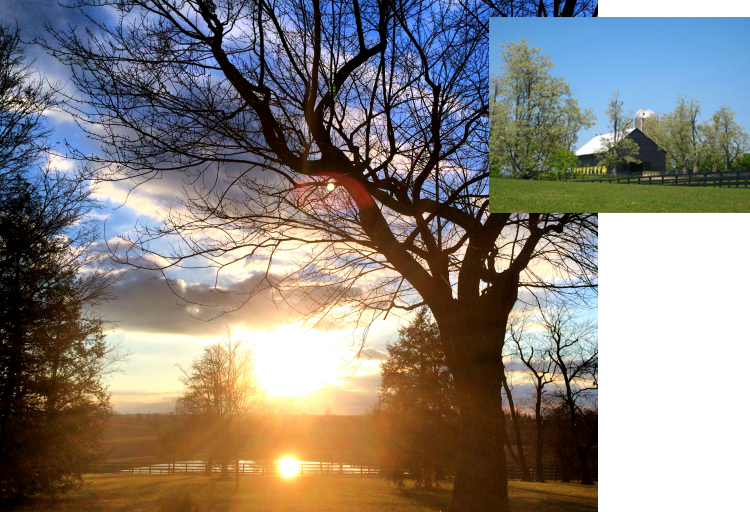
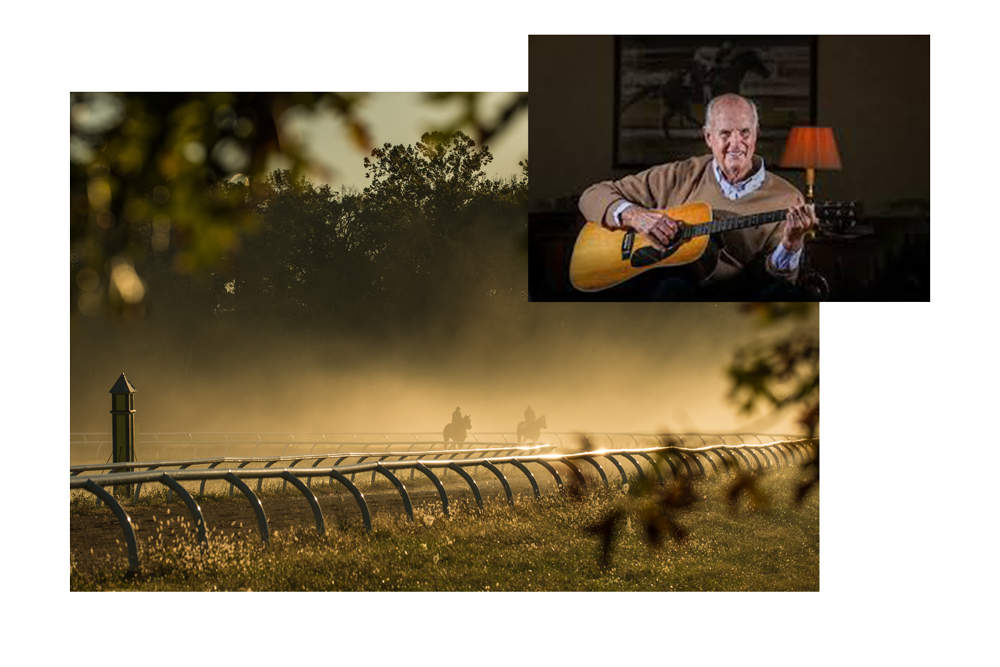
Stone Farm: For half of a century.
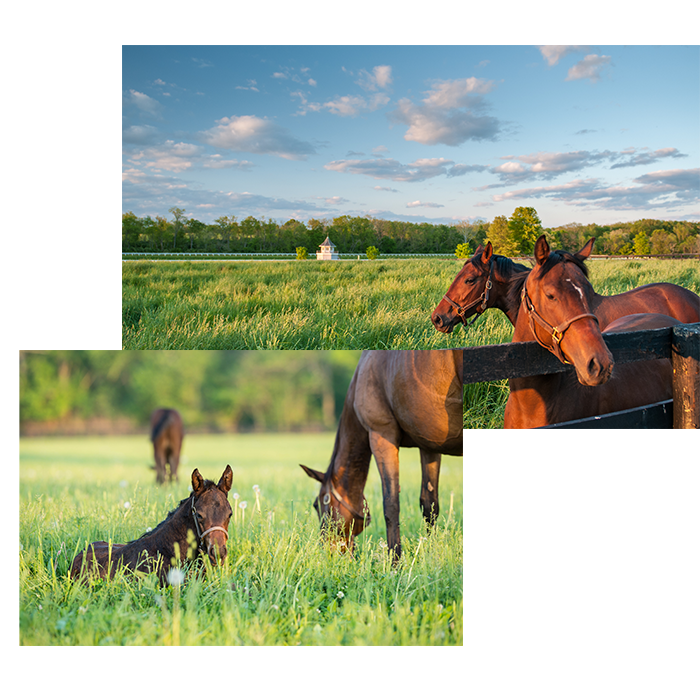
If you take care of the land,
the land will take care of you.
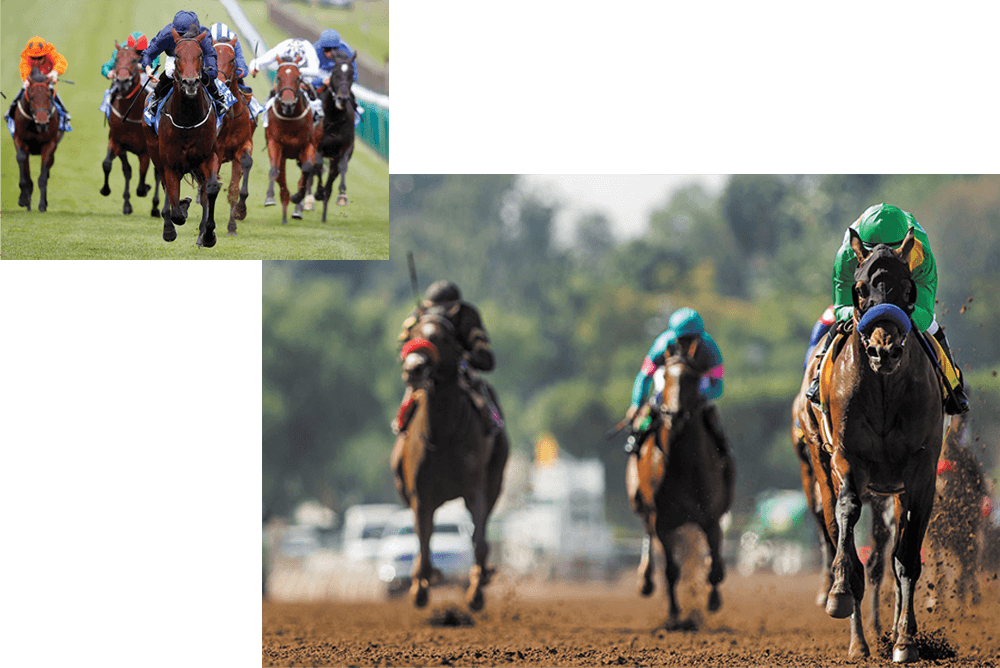
We’re trying to raise you a good horse.
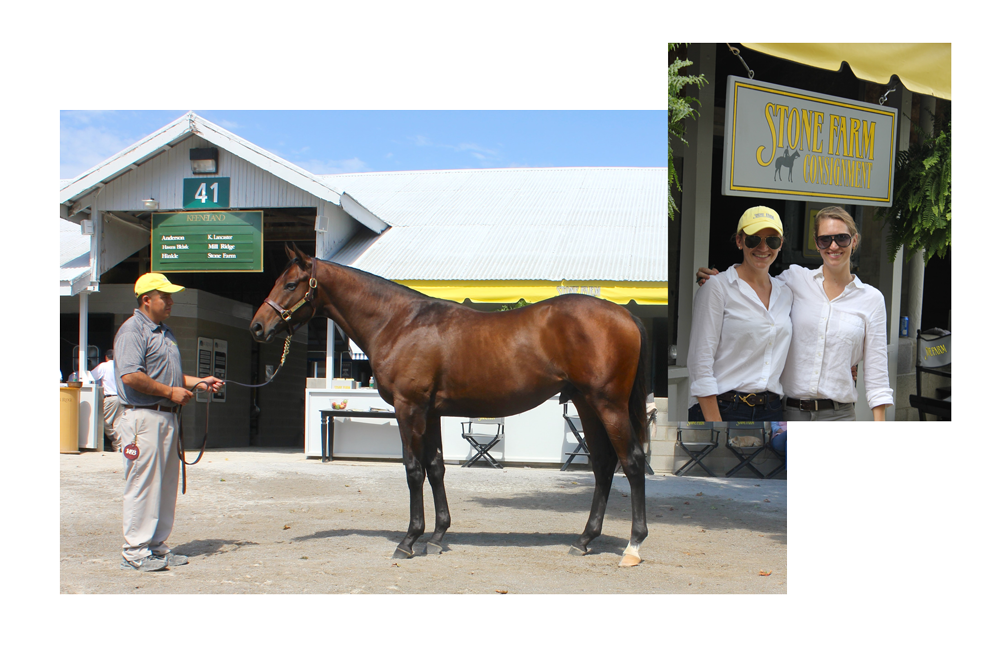
We sell only what we raise.
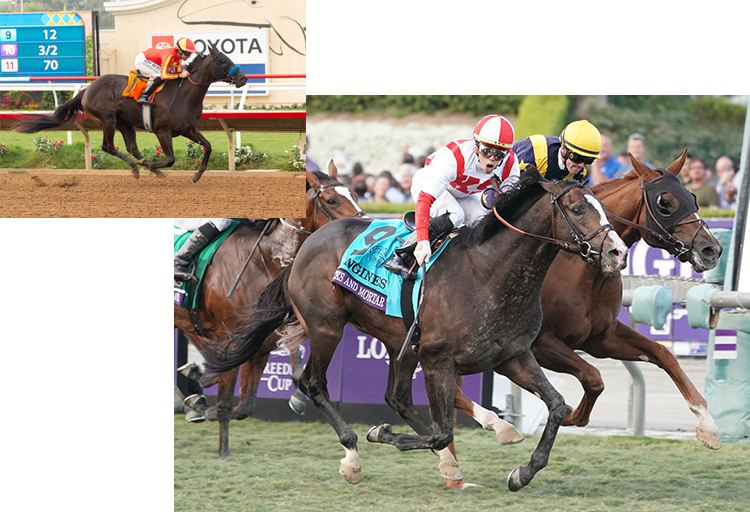
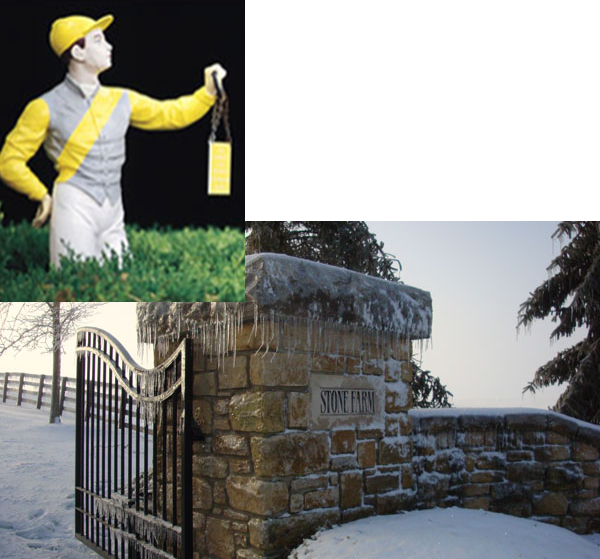
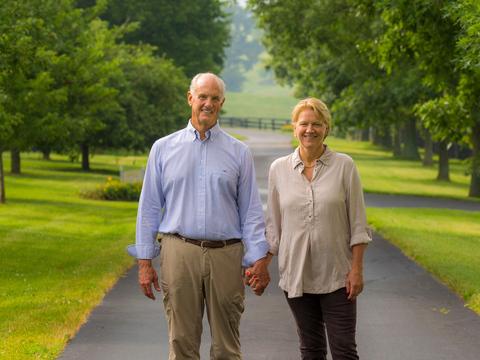
Since Arthur Hancock purchased his first farm in Bourbon County in the 1970s, he has seen many of the neighboring farms change hands, some being sold off as smaller parcels. He could have done the same, and for a big profit, but he had other ideas.
Arthur and his wife Staci, who live and work on their Stone Farm in Paris and have raised their six children there, call this farm home. It is part of their history and they want to keep it safe for the future.
“My motto has always been: “If you take care of the land, the land will take care of you,” Arthur Hancock said.
“Back in the ’60s there were beautiful views in the country – pastureland, valleys and hills. More and more our countryside has become cluttered and I want to do my part to conserve this part of the countryside for future generations.” — Arthur Hancock
So over the past five decades, Arthur has invested in the land. What started as a 100-acre farm, now totals more than 2,200 acres. The rolling fields, dotted with patches of woodlands and meandering creeks, are home to the Hancocks’ Thoroughbred horses and beef cattle. They also produce hay, corn and soybeans. Their Stone Farm is the primary focus of their family’s daily lives and employs a number of other people.
“Back in the ’60s there were beautiful views in the country – pastureland, valleys and hills. More and more our countryside has become cluttered and I want to do my part to conserve this part of the countryside for future generations,” Arthur said.
“The kids and I have been talking about the possibility of conserving the farm for several years now. We watched as our friends in neighboring counties got involved with Bluegrass Conservancy,” Staci Hancock, “and we wanted to help to do the same to protect our area from high-density residential and commercial development.”
“Staci and I realized that if you don’t conserve your land, who will? It’s part of our family. Future generations will be able to live on the land and farm it in a way that makes sense to them,” Arthur added. “And even if they want to sell it, the property will always be protected from development.”
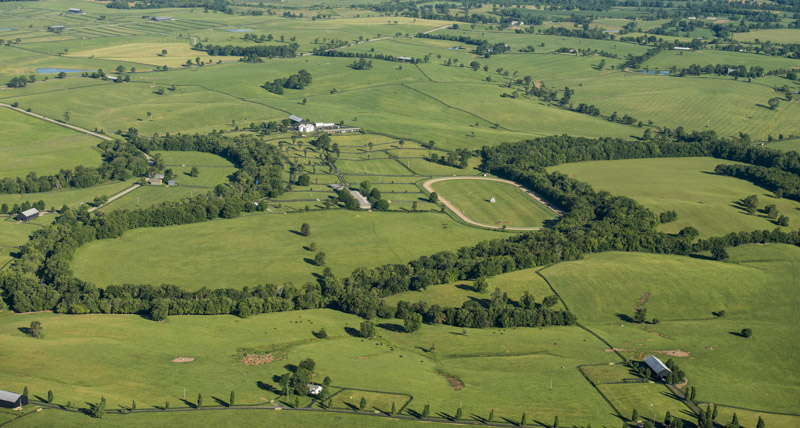
A conservation agreement, which the Hancocks created with the nonprofit Bluegrass Conservancy, allows the Hancocks and all future owners of the property to continue to farm the land and utilize a limited number of house sites the Hancocks reserved for future use. How the land is farmed may adapt over time.
“Sometimes farmers may think that by conserving your land, you can’t do anything with it,” Arthur said. “That’s not the case. These agreements are flexible and you can farm it and change your farming practices. You can build related barns and farm buildings. I really don’t think this hampers farming at all. It protects farming.”
Upon the Hancocks’ request, Bluegrass Conservancy assisted the family with helping to create the conservation plan, related maps and documentation required. The nonprofit organization works with willing landowners within the 14-county area that comprises the Inner Bluegrass Region of Kentucky.
Arthur and Staci aren’t the only members of their family interested in making sure their farm stays a farm. Arthur’s siblings, Seth, Dell, and Clay Hancock, conserved their equine and cattle operation on Claiborne Farm, just a few miles down the road, in 2011. Combined, the Hancocks have protected over 5,000 acres lying east of Paris and also joined hands with a number of other families in the county.
“It is really exciting for us to see so many Bourbon County landowners stepping up to preserve Bourbon County’s agricultural heritage and so personally satisfying to know that the land will be protected in perpetuity,” Staci said.
In all, Bourbon Countians have protected over 12,000 acres of farmland in partnership with Bluegrass Conservancy, more than any other county in the Bluegrass.
“When we lose our local farms and the families who have dedicated their lives to farming, it’s a huge loss for our whole community. Farmland conservation is a “win” for our economy, wildlife habitat, clean drinking water and retaining our community’s vitality,” said Bluegrass Conservancy Executive Director Mackenzie Royce.
